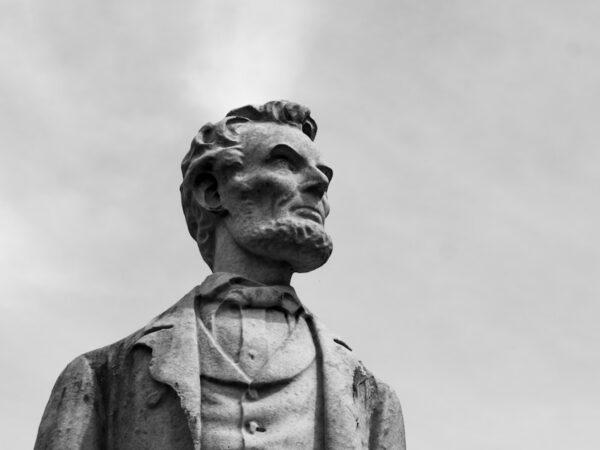
If we put Amos’ critique in more contemporary language, the “trampling” and “levies of grain” decried in 5:11 are the twin burdens of rents and fees, which often led to cycles of impoverishment and debt slavery. The lifestyles of the rich are financed by extracting from the poor.

At first, as I read Psalm 26, the words do not fit neatly on my tongue. I would like to know the story of this indignant plaintiff who so angrily proclaims their integrity in sharp contrast to evildoers and hypocrites.

To undertake the reformation of desires is a calling, with no guarantees of success, but some promise of God’s grace along the way.

Divine Wisdom calls. It is publicly accessible. We may not recognize the voice because we might not be listening for it. But it is there beckoning to us.

The text of 1 Kings 8 is a conversation, not a monologue. For those of us who look to Scripture to guide our understanding and action in our own context, this text invites us to wrestle, conversationally, with the embedded ideologies of our own political leaders’ projects. Names matter in politics. But humble leadership, for the good of all, ought to matter more.

Jesus doesn’t ban sitting or reclining in public. He encourages it, supports it, and even participates in it.





